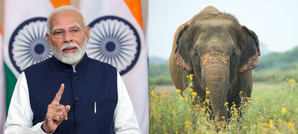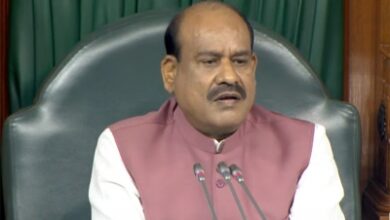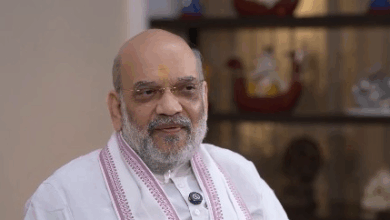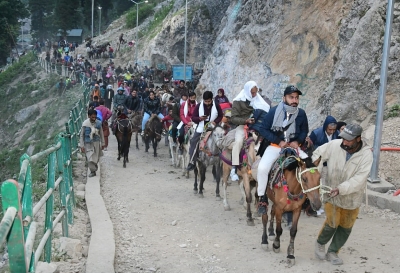
New Delhi, Aug 12: On the occasion of World Elephant Day, Prime Minister Narendra Modi reaffirmed India’s dedication to creating a conducive environment for elephants, emphasizing their cultural and historical significance in India.
Taking to his X handle, the Prime Minister wrote: “World Elephant Day is an occasion to appreciate the wide range of community efforts to protect elephants. At the same time, we reaffirm our commitment to doing everything possible to ensure elephants get a conducive habitat where they can thrive.”
PM Modi also highlighted the deep cultural and historical connection Indians have with elephants.
“For us in India, the elephant is linked to our culture and history, too. And it’s gladdening that over the last few years, their numbers have been on the rise,” he added, stressing the historical and cultural significance of the animal.
World Elephant Day, celebrated annually on August 12, aims to raise awareness about the urgent need to protect elephants in Asia and Africa, promote their conservation, and ensure their survival.
As the global elephant population faces a critical decline, India has taken significant steps to conserve this species by establishing several national parks and sanctuaries to provide a favorable habitat for elephants and other wildlife.
In a recent development, Tamil Nadu Chief Minister M. K. Stalin announced an increase in the elephant population in the state, with the numbers rising by 100 from last year. According to the 2024 elephant census, the number of wild elephants in Tamil Nadu has grown to 3,063, up from 2,971 in 2023.
The three-day synchronized elephant census, conducted in Kerala, Karnataka, Tamil Nadu, and Andhra Pradesh on May 23, 24, and 25, revealed that these four South Indian states account for nearly 44 per cent of India’s total wild elephant population, estimated at over 27,000.
The census saw the participation of 2,178 forest personnel, including forest watchers, guards, rangers, and volunteers from wildlife NGOs.
Other states with significant elephant populations include Assam, Arunachal Pradesh, Meghalaya, Odisha, Uttarakhand, West Bengal, Chhattisgarh, Nagaland, Tripura, and Uttar Pradesh.
India’s ongoing efforts to protect and conserve its elephant population reflect its broader commitment to preserving its rich biodiversity and natural heritage.
–IANS






